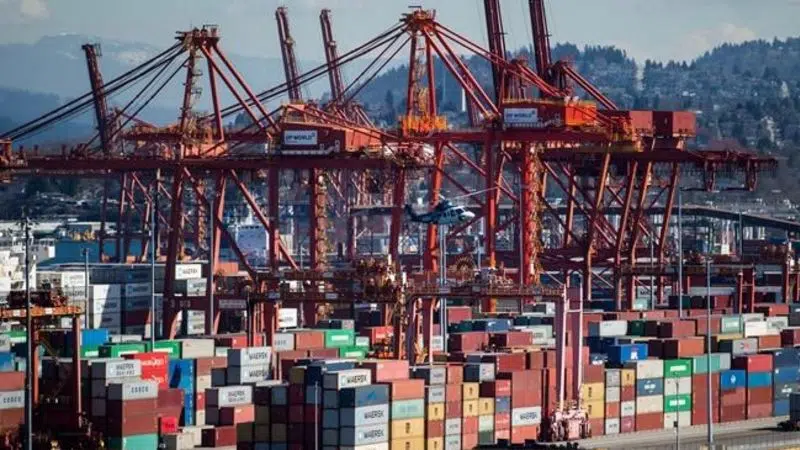
Union says port workers still on the job in B.C. despite lockout notice
VANCOUVER — A lockout notice issued by the group that represents more than 50 waterfront employers in British Columbia was expected to take effect Thursday, but a spokesman for the union said neither side could discuss the state of negotiations after a mediator imposed a news blackout.
Bill Tieleman said Wednesday representatives for the International Longshore and Warehouse Union and the B.C. Maritime Employers Association could be negotiating through the night.
Union president Rob Ashton said earlier that his members are committed to keeping open the ports from Vancouver to Prince Rupert and if they wanted to close them that would have been done when the strike notice expired on Monday.


